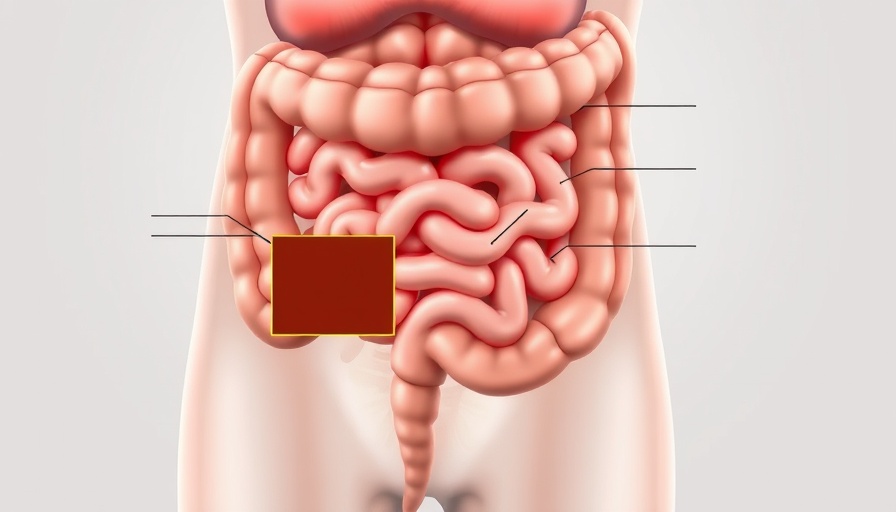
Discovering Streetlifting: The Fusion of Strength and Skill
For those who travel frequently, blending fitness into an itinerant lifestyle can be a significant challenge. Enter streetlifting, a dynamic, hybrid workout that marries the principles of calisthenics with weightlifting, making it an ideal choice for digital nomads aiming to maintain their strength while on the road.
A Revolutionary Test of Strength
At its core, streetlifting emphasizes body weight training with added resistance, allowing fitness enthusiasts to engage in exercises like muscle-ups, pull-ups, dips, and back squats with weights. The unique charm of streetlifting lies in its flexibility; practitioners can perform these exercises virtually anywhere, whether it's at a local park or a temporary gym space, which is especially beneficial for individuals constantly on the move.
How the Sport Originated and Evolved
The sport started gaining traction around 2014 in Ukraine. Driven by boredom with the monotonous high-rep routines, a group of athletes began incorporating weights into their calisthenics sessions. This innovative approach quickly caught attention on social media, inspiring a movement across Europe. By 2017, the establishment of the International Streetlifting Federation in Russia solidified its place in the fitness community. Athletes could now compete not just to lift heavier weights but to master challenging movements that prioritize technique and coordination.
The Unexpected Advantage for Lighter Athletes
Streetlifting introduces a refreshing perspective on strength training, especially for travelers who may not always have access to heavy gym equipment. In competitions, not only the strongest but also the lightest athletes can thrive. Each lifter performs several exercises, accumulating weight lifted across attempts. This innovative format means that individuals who weigh less can execute lifts where they leverage their body weight effectively, leveling the playing field.
Strengthening Community Connections
Beyond workouts, streetlifting fosters community among athletes. As travelers engage in this sport, they collide with local culture and like-minded individuals passionate about fitness. Streetlifting groups commonly gather in public areas, creating a supportive atmosphere that is often missing in conventional gym settings. This creates opportunities not only to work out but also to forge friendships and share experiences, an enriching facet for digital nomads.
Practical Tips for Embracing Streetlifting on the Road
For those looking to adopt streetlifting while traveling, consider these practical tips:
- Look for Local Groups: Utilize social media platforms or fitness apps to locate local streetlifting sessions or meet-ups, allowing you to blend into the community.
- Invest in Portable Weights: Products like resistance bands or portable kettlebells make it easy to maintain your regimen without carrying cumbersome equipment.
- Create a Temporary Space: Identify suitable public areas like parks where you can balance bodyweight and easy-to-manage weights for a full workout.
Concluding Reflections
The evolution of streetlifting serves not only as a compelling avenue for physical strength but also as a dynamic connector for travelers, inviting them to explore fitness in a social and community-oriented manner. As you embark on your travels, think about how to incorporate streetlifting into your routine—it might just redefine what strength means to you.
Embrace the spirit of streetlifting and harness its principles to maintain your health, strength, and community connections on your next adventure!
 Add Row
Add Row  Add
Add 




Write A Comment